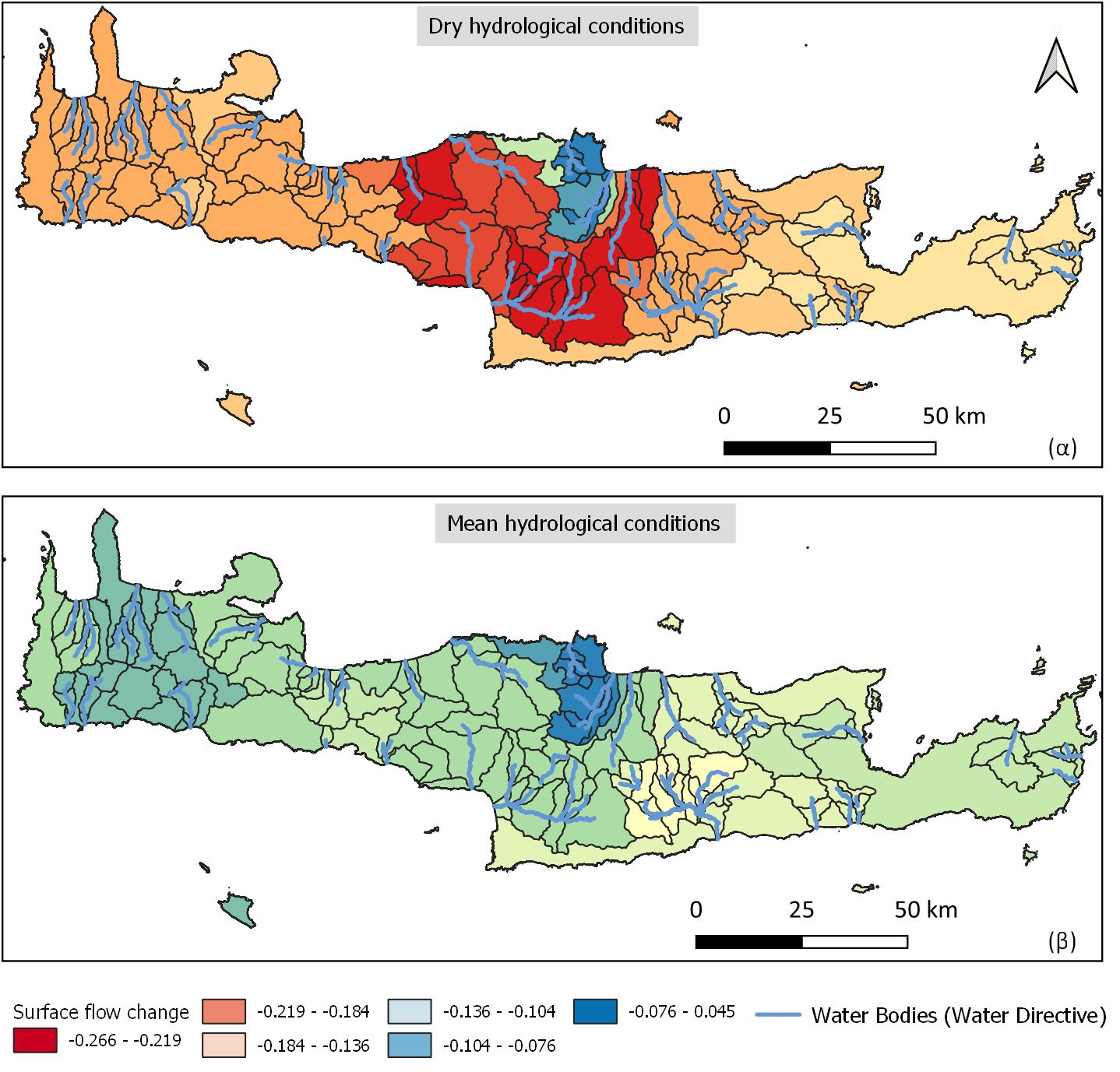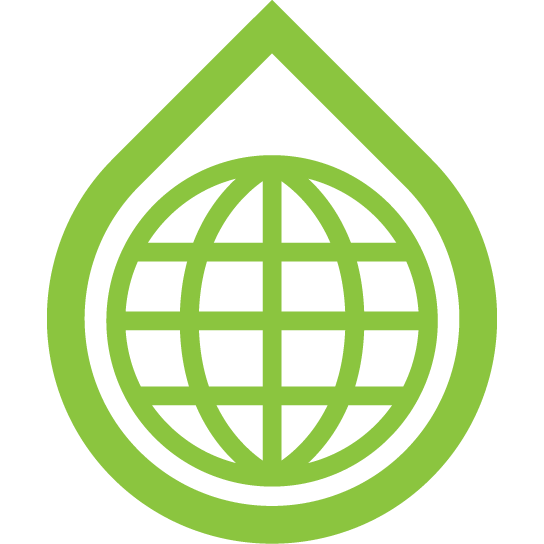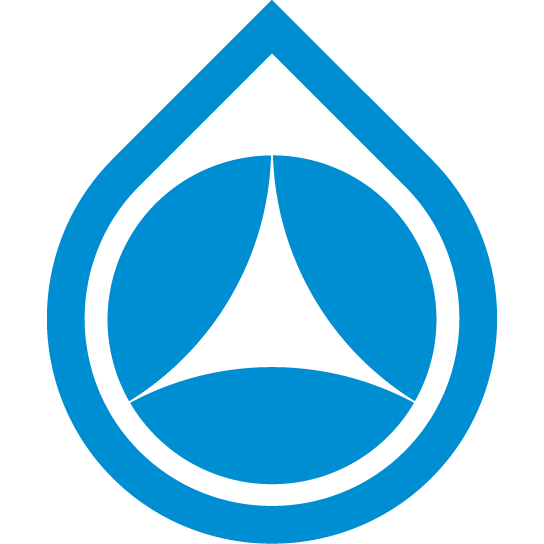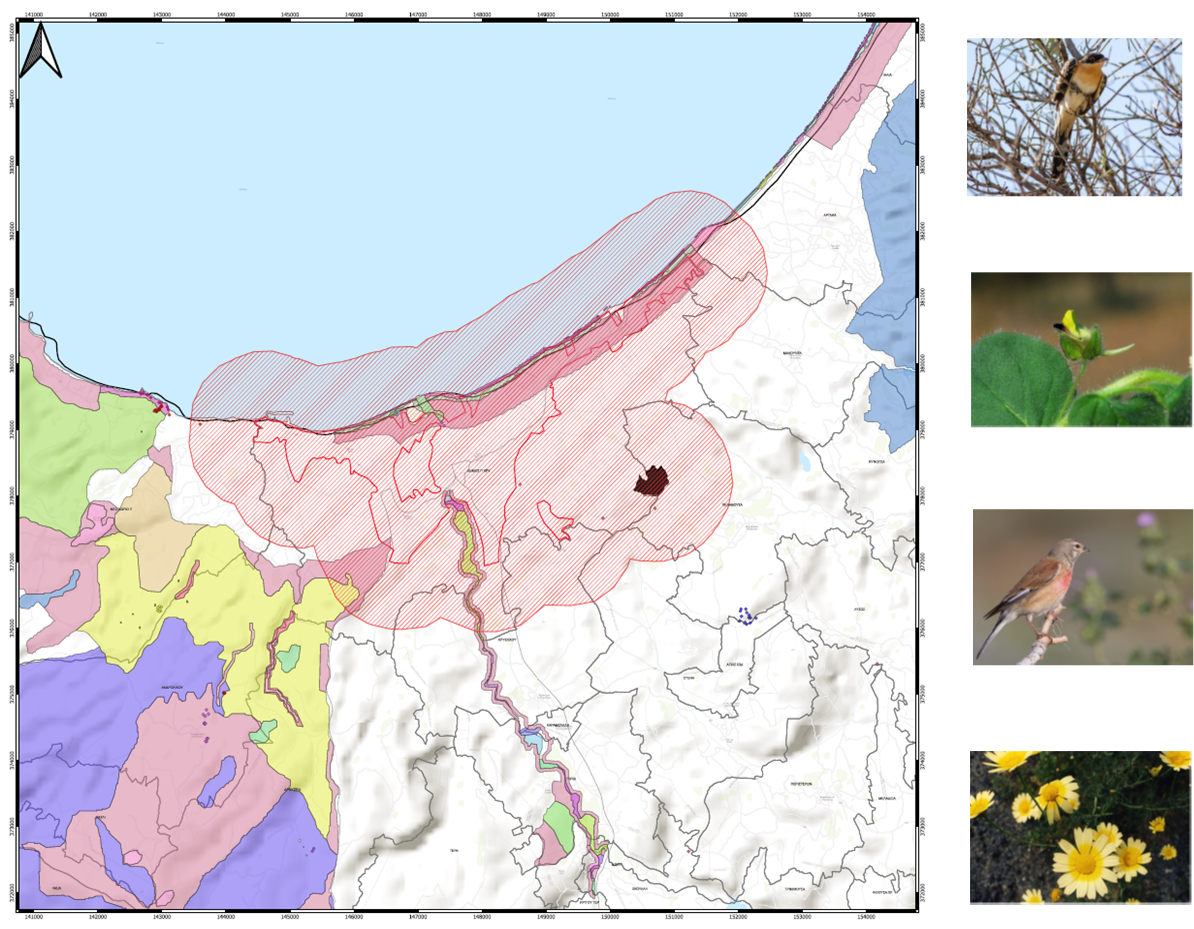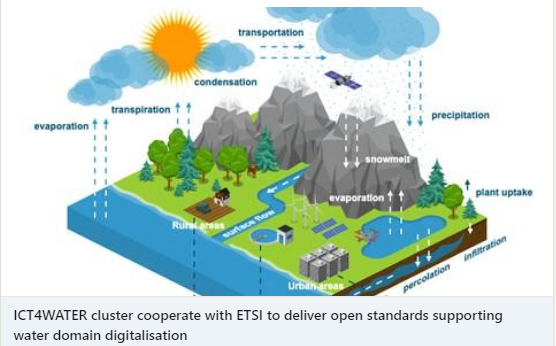
APOSELEMIS WTP
Challenge
The main objective of the project overall is related to the provision of safe, high quality water to the citizens and tourists of the cities of Heraklio, Chersonissos and Agios Nikolaos. Surface water from the Aposelemis dam is collected and transferred to the water treatment plant where advanced water treatment is provided.
The capacity of Aposelemis water treatment plant is 110.600 m3 per day for the treatment of A2 quality category water according to Annex A of Directive 75/440/EEC. Aposelemis WTP, uses the latest technology and its operation is based on a high level of automation, ensuring the production of high quality drinking/potable water, which fully meets the requirements of the Greek and European legislation.
Approach
The project involves the design and construction of the Water Treatment Plant of Aposelemis, part of the project "HERAKLIO AND AGIOS NIKOLAOS WATER SUPPLY FROM APOSELEMI DAM – CONSTRUCTION OF THE WATER DIVERSION AND COLLECTION - WATER TRANSPORTATION AND WATER TREATMENT WORKS”. The capacity of the plant is 110.600 m3/d and the water treatment chain consists of pre-ozonation, coagulation/sedimentation, sand filters, post-chlorination and clean water storage-equalization. Sludge treatment works include a gravity thickening unit and a dewatering unit.
The services provided by EMVIS include:
- Coordination of the project design team
- Detailed Engineering Design (hydraulic, process and mechanical design) leading to the construction of the works.
- Support the Client in the selection of the electro-mechanical equipment
- Support the Client in the start-up operation and the plant commission procedures
Impact
With the construction of the Aposelemis reservoir sustainable water resources management is promoted, overexploitation of groundwater is prevented and high quality water is provided to the cities of Heraklio, Chersonissos and Agios Nikolaos.
In addition the water shortage problem of the area is being resolved by strengthening the existing water supply system with additional quantities of guaranteed quality drinking water 17 million m3 as an annual average.



